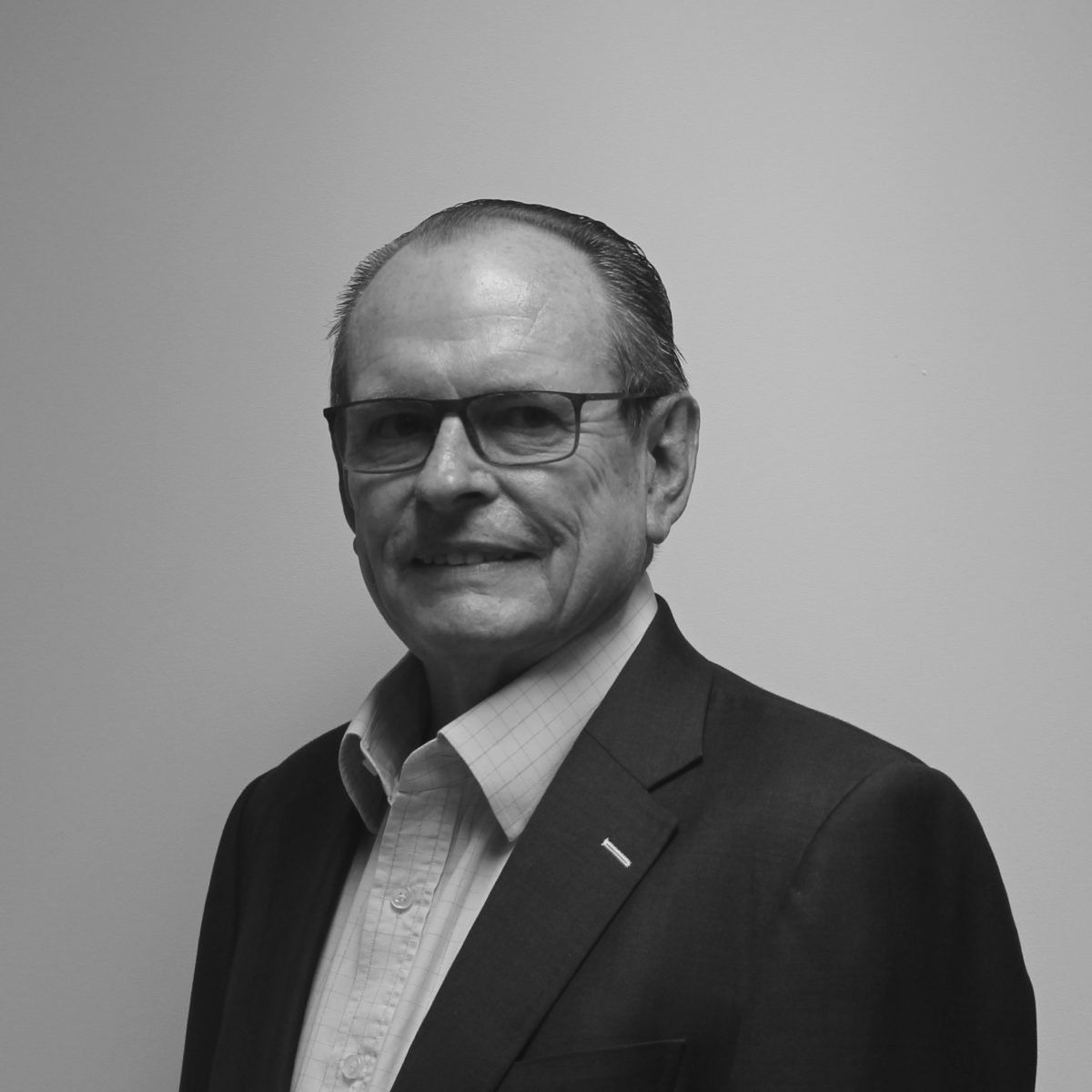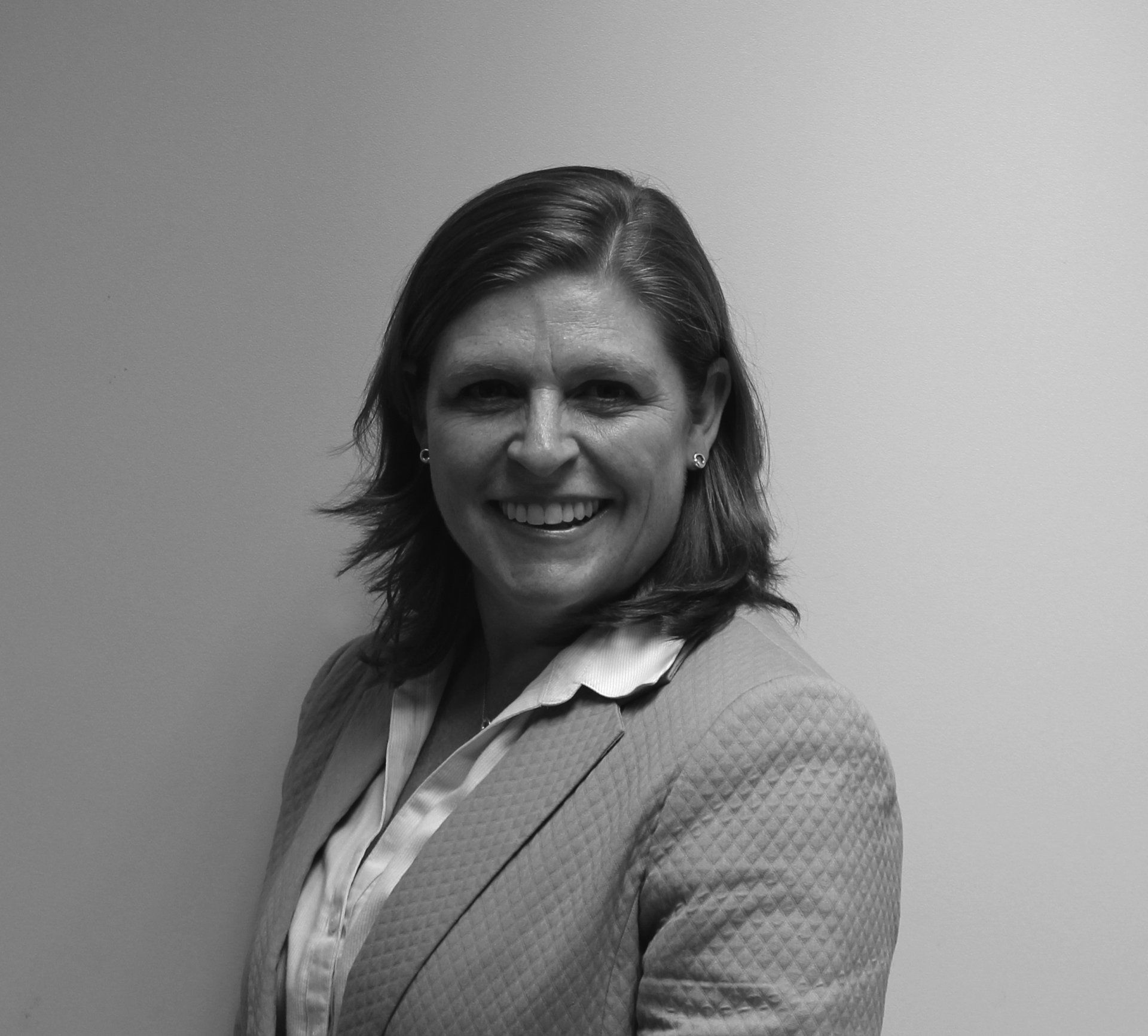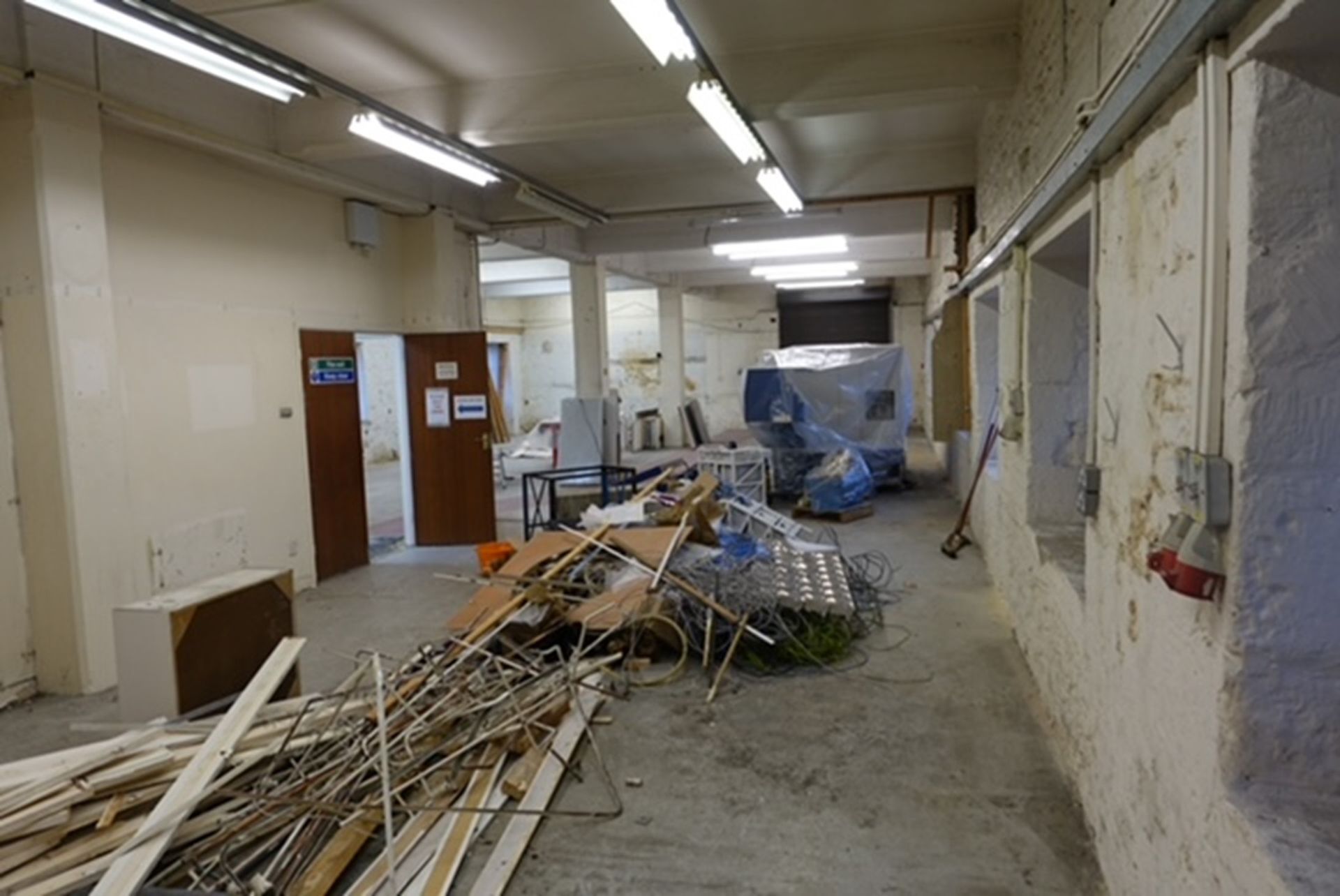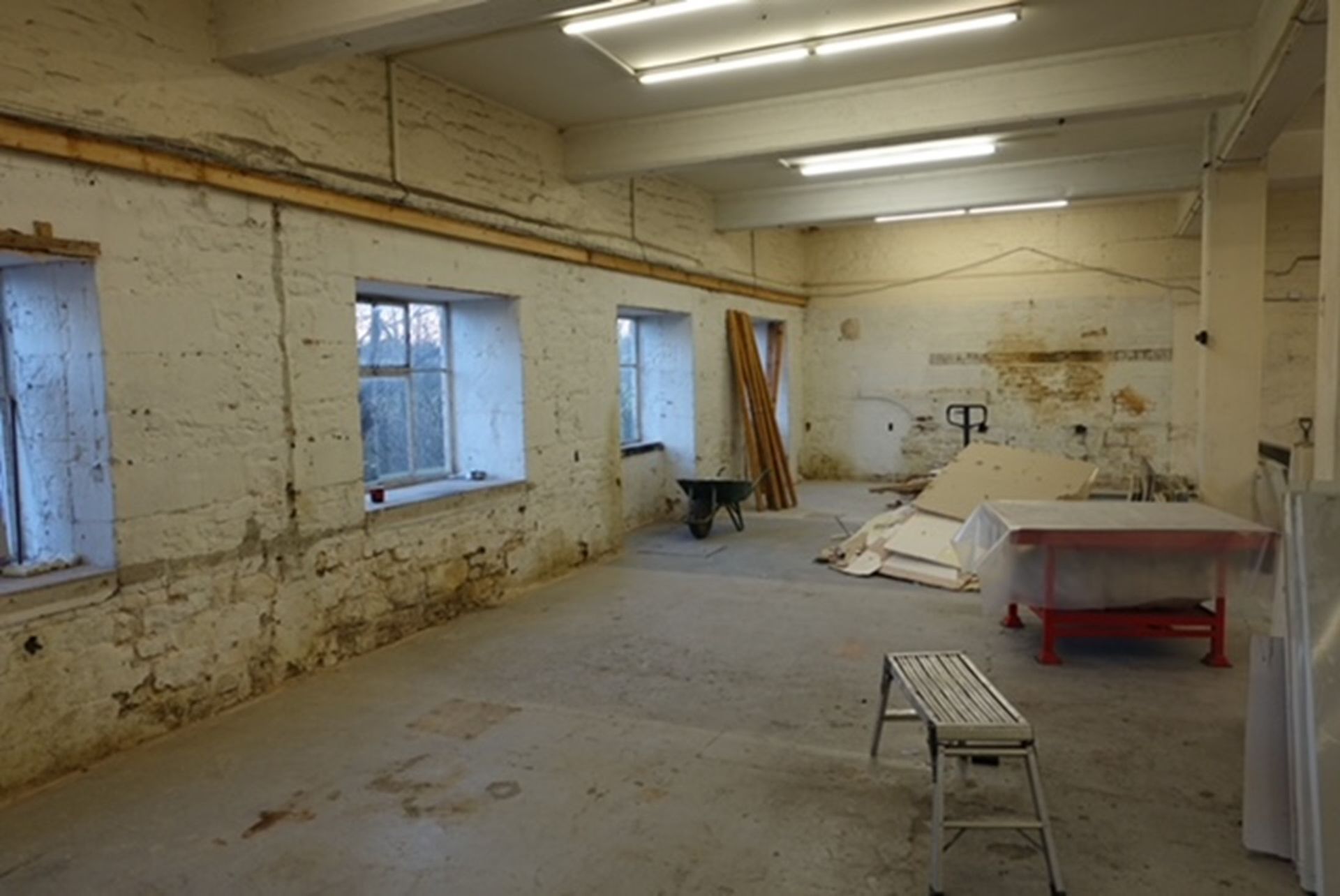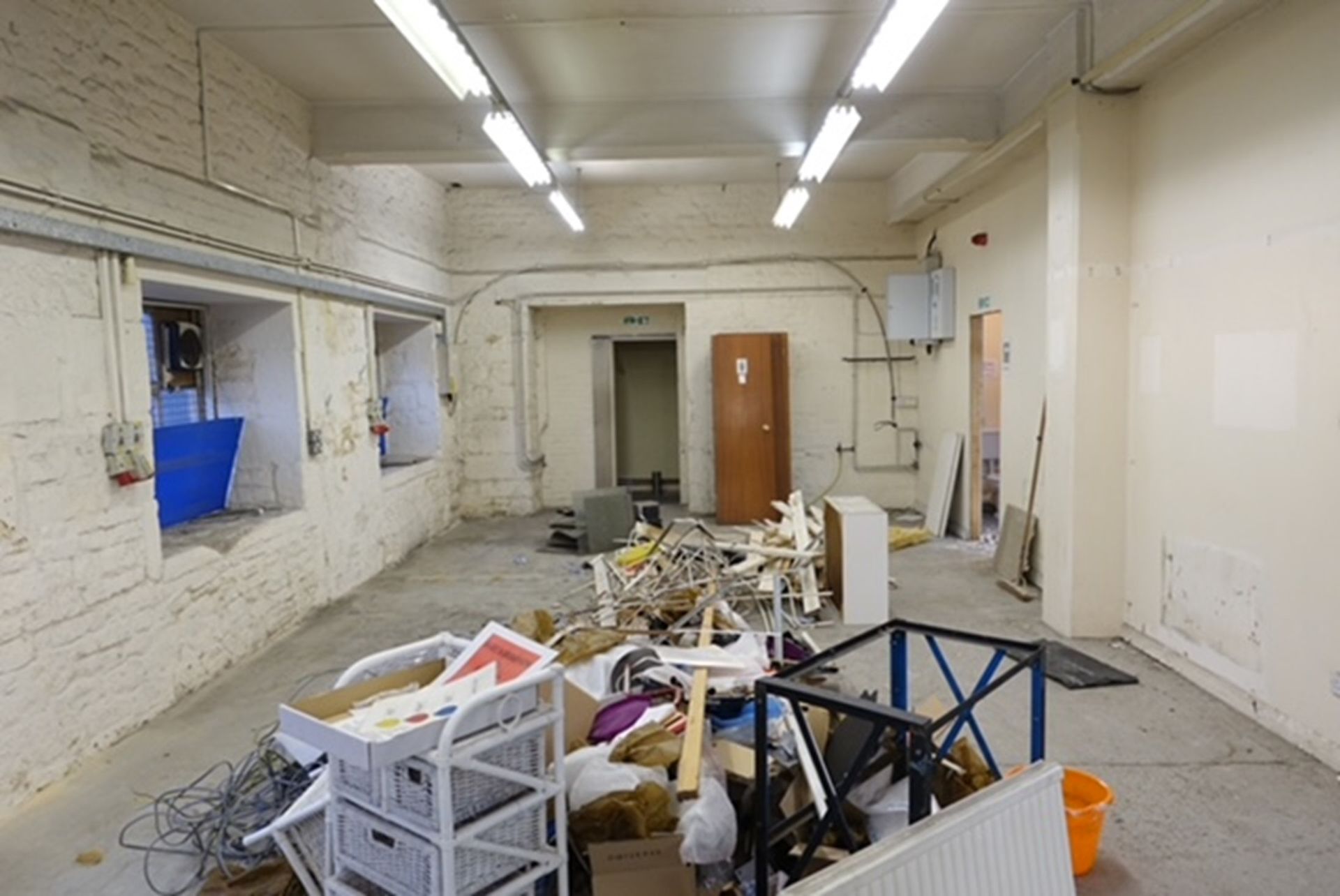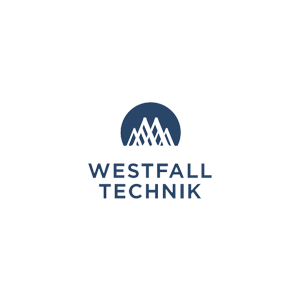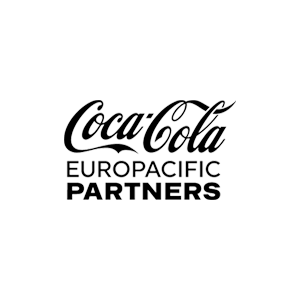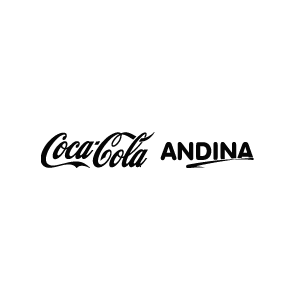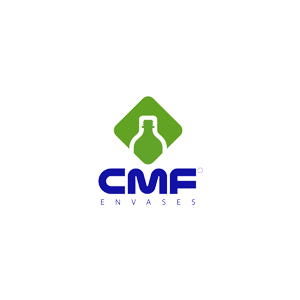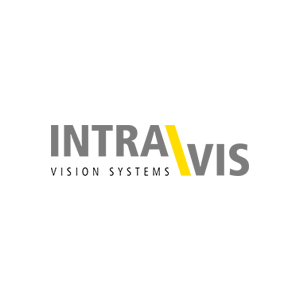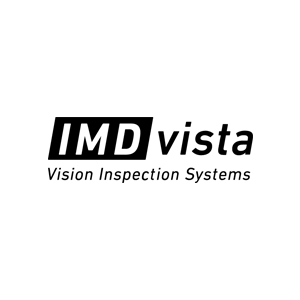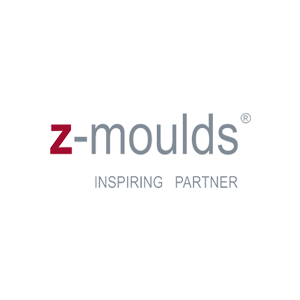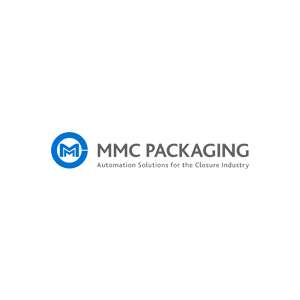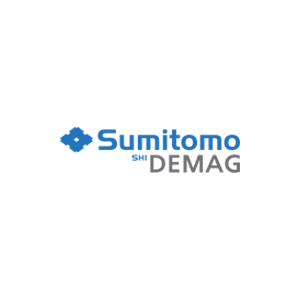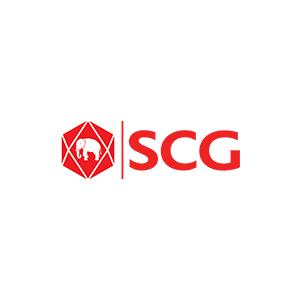"Who are UCL and what do they do?."
Universal Closures Ltd (UCL) is a UK based design and development company specialising in providing innovative closure solutions for the beverage, food, personal care and household product industries.
A global network of licensees, locally manufacture and supply UCL closures. The technology within the closures is fully patented and rigorously tested to industry standards within UCL’s in house laboratory.
Offering dedicated service and support to its licensees and customers, UCL’s expertise is renowned by the world’s leading brands.
Industry leading experience
Combining over 40 years Experience
RodDruitt
President and Founder
Rod Druitt has over 40 years of international experience in the packaging industry. He is the founder and CEO of Universal Closures Limited. His reputation and contacts within the packaging industry have played a large part in the success of UCL. Rod’s considerable experience in the packaging industry has allowed him to create successful and innovative designs for new closures that are in demand by a wide range of packaging companies from small independents to large multi-national conglomerates.
Debbie James
General Manager
Debbie is a qualified Chartered Accountant (ACA), with over 15 years’ experience leading the finance, audit and operational initiatives in multiple industries. She has a broad range of industry experience as a result of her time in audit at Mazars, London. Debbie is an integral part of the UCL team, leading the finance function and working closely with the CEO, technical and marketing teams to push commercial and growth initiatives.
ClaireRogers
Customer Service Manager
Claire joined the team in 2013. From South Wales she came to Gloucestershire for University, studying Hospitality & Intuitional Management. She has over 20 years’ experience in both customer services and sales in a variety of industries. As a valued member of the team she works closely to support the General Manager on a daily basis.
RodolfoSelem
Marketing Executive – Latin America
Rodolfo (Rod) Selem joined the Universal Closures team in 2010 taking responsibility for the Americas and developing the Latin American market. Rod has over 35 years experience in the packaging industry, including 25 years at Husky Injection Molding Systems, were he held senior positions of responsibility in Engineering, Marketing and Management; as well as being Vice President of Latin America.
The Renovation
The Mill has now been transformed into a modern Product Design studio and Pepsi Co approved laboratory. The ground floor has been stripped and rebuilt to ensure that it creates an effective studio for our team. We have really considered the history of the building and incorporated it within the design. By using the unique stone structure and its beautiful country/riverside surroundings has produced the perfect studio.
The Renovation
The Mill has now been transformed into a modern Product Design studio and Pepsi Co approved laboratory. The ground floor has been stripped and rebuilt to ensure that it creates an effective studio for our team. We have really considered the history of the building and incorporated it within the design. By using the unique stone structure and its beautiful country/riverside surroundings has produced the perfect studio.
The Original Purpose
The Mill was built around 1810, it was initially built to manufacture cloth. Meadow Mill was water powered using two water wheels. This was later switched to steam power by Henry Hicks (the owner of the mill at the time) using steam engines. The Mill went through generations of the Hicks family and then to other cloth manufacturing companies until around 1902. In 1923, leather board manufacturing was well underway and became the main purpose for the Mill.
Meadow Mill -
19th Century
The Progression of the Mill
Tithe maps show that Meadow Mills' overall layout did not change from 1880 to 1920. Once the leather board manufacturing started the majority of the ancillary buildings, the engine house, and the wings of the Mill were demolished and replaced with modern industrial units over time. This is what then lead to how the Mill looks today.
Meadow Mill -
1980
Before the Renovation
Before the Renovation
During the Renovation
During the Renovation
After the Renovation
After the Renovation




